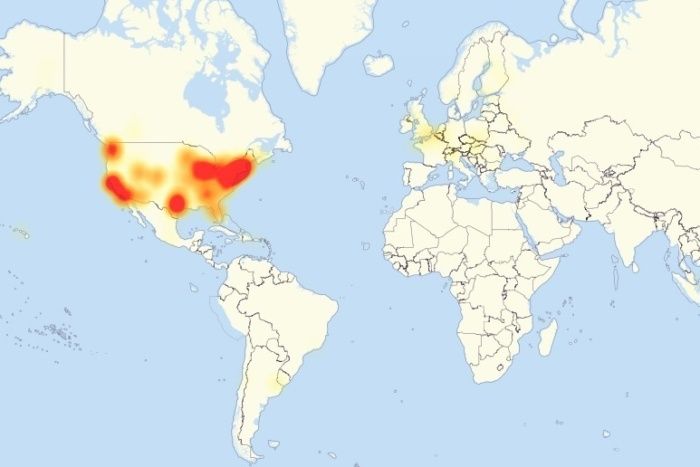Page 11167
Oct 24, 2016
Positron Dynamics near term work to proving out antimatter catalyzed deuterium fusion propulsion with over 100,000 ISP
Posted by Klaus Baldauf in categories: innovation, space travel
Nextbigfuture has interviewed Ryan Weed, CEO of Positron Dynamics. Positron Dynamics is developing antimatter catalyzed fusion propulsion which they will first demonstrate in a cubesat launch. They are getting around the still mostly unsolved difficulties of storing antimatter. They are doing this by using Sodium 22 isotopes.
Positron Dynamics has previously received a lot of press coverage when it was funded by the Thiel Breakthrough foundation to work on antimatter.
Oct 24, 2016
5 Ways Medical VR Is Changing Healthcare
Posted by Elmar Arunov in categories: biotech/medical, virtual reality
Virtual Reality started its fascinating take-over of healthcare for the greatest pleasure of patients and doctors alike. Here are five great examples of medical VR transforming patient lives and how doctors work.
Oct 24, 2016
Here’s what the world will be like in 2045, according to top scientists
Posted by Elmar Arunov in categories: futurism, government
The government’s research-and-development arm has some exciting predictions for the world of tomorrow.
Oct 24, 2016
China just showcased the world’s most human-like robots
Posted by Elmar Arunov in category: robotics/AI
Oct 24, 2016
Mark Zuckerberg is determined to launch his social network in China, whatever it takes
Posted by Elmar Arunov in category: government
The Chinese government likes to control social media and what people do with it—but Facebook looks willing to launch in China anyway.
Oct 24, 2016
Google voice search records and keeps conversations people have around their phones – but the files can be deleted
Posted by Elmar Arunov in categories: mobile phones, surveillance
Google could have a record of everything you have said around it for years, and you can listen to it yourself.
The company quietly records many of the conversations that people have around its products.
The feature works as a way of letting people search with their voice, and storing those recordings presumably lets Google improve its language recognition tools as well as the results that it gives to people.
Oct 24, 2016
European Scientists Want To Shoot A Giant Bullet At Europa
Posted by Klaus Baldauf in category: space
Oct 24, 2016
Unusual quantum liquid on crystal surface could inspire future electronics
Posted by Carse Peel in categories: particle physics, quantum physics
For the first time, an experiment has directly imaged electron orbits in a high-magnetic field, illuminating an unusual collective behavior in electrons and suggesting new ways of manipulating the charged particles.
The study, conducted by researchers at Princeton University and the University of Texas-Austin was published Oct. 21, in the journal Science. The study demonstrates that the electrons, when kept at very low temperatures where their quantum behaviors emerge, can spontaneously begin to travel in identical elliptical paths on the surface of a crystal of bismuth, forming a quantum fluid state. This behavior was anticipated theoretically during the past two decades by researchers from Princeton and other universities.
“This is the first visualization of a quantum fluid of electrons in which interactions between the electrons make them collectively choose orbits with these unusual shapes,” said Ali Yazdani, the Class of 1909 Professor of Physics at Princeton, who led the research.
Continue reading “Unusual quantum liquid on crystal surface could inspire future electronics” »
Oct 24, 2016
Chinese firm admits its hacked products were behind Friday’s massive DDOS attack
Posted by Roman Mednitzer in categories: cybercrime/malcode, internet
A Chinese electronics component manufacturer says its products inadvertently played a role in a massive cyberattack that disrupted major internet sites in the U.S. on Friday.
Hangzhou Xiongmai Technology, a vendor behind DVRs and internet-connected cameras, said on Sunday that security vulnerabilities involving weak default passwords in its products were partly to blame.
According to security researchers, malware known as Mirai has been taking advantage of these vulnerabilities by infecting the devices and using them to launch huge distributed denial-of service attacks, including Friday’s outage.

















